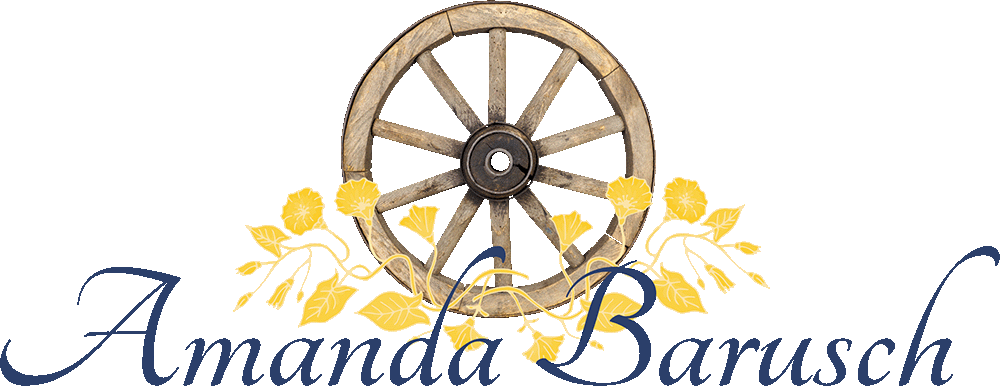More on Iowa
I dreamed of studying at the Writers Workshop for years. The dream seemed to feed on my dissatisfaction. The academic prose I’ve spent so much of my life on seemed dry and lifeless. I’ve longed to be “creative,” even “literary.” But questioned whether I had it in me. Besides that, life's demands always said, "No." Finally, this summer I found myself in the states for an extended period with a gap in the schedule that looked perfect for a writing class.
I looked around. Tin House, an edgy lit mag I read from cover to cover, offered workshops in Portland, Writers at Work were doing something in Salt Lake. But these seemed more focused on the business of publishing than the craft of writing. Iowa's Summer Writing Festival promised to emphasize craft. That, and the chance to be within sniffing distance of the Writers Workshop was enough to get me there.
I flew to Cedar Rapids and drove 20 minutes through rolling fields to Iowa City which, at first glance, didn't look like much. My hotel was on the outskirts with large people zooming by in large cars. The humidity was a shock. It seemed no one walked anywhere!
The first night’s event came under a bland heading, “Orientation.” Remembering the importance of first impressions and more than a little nervous, I changed clothes a few times before navigating the car to the hotel. The woman on the phone said I could park in the “ramp.” That seemed odd, so I took a pass and eased the rental into a spot on the street. Sunday night, this would be the last time I’d skip the “parking ramp,” as they call garages. Of course, I was early. Shops were closed, but I meandered along window-shopping and avoiding that awkward moment when I’d have to give my name and smile for the strangers. But – and I think this was key to why I had such a great time – the moment wasn’t awkward. No one rushed me or patronized me or even seemed to be judging me. I just slipped right in to a bunch of 20 or so other writers, equally early, and equally soothed by something magic in the atmosphere. I can’t explain, and can barely describe it. I think it came from the focus on the work and what our lovely administrator called “a democratic outlook.” We were all there to work – not to posture. We checked our insecurities and egos at the door. Eventually more than a hundred gathered at round tables to eat surprisingly good chicken and listen to instructions that most of us would forget.
Our days quickly took on a predictable rhythm: get up and write – eat - go to campus and write – rush to 11:00 lecture – eat - go to class– eat - go to a reading at Prairie Lights – drink - eat - write a little more if you’re so inclined - go to bed. Some of the magic was in that rhythm. And some was in the comradery. Each of us found a place on campus where we could sit with laptop or notebook and write. You’d see people hunkered over their work on a bench in the mall, or tapping away at a coffeshop, or walking along composing out loud (quietly, but still…). I lost myself in the tasks my teacher set me to. Her voice got into my head reminding me to be concrete, be specific… I stretched and tried and failed and sometimes got close to succeeding.
Class time was three hours in the afternoon. They went by fast! Sometimes our teacher (Carol Spindel) told us things. But mostly we read our work to each other – a process that terrified me at first. But the instant feedback was a great learning tool. We tuned into each other so that as we read we noticed an intake of breath or a muffled laugh or the quality of silence that said, “Yeah, that worked.” I dreaded the other silence that I interpreted as, “You bombed,” but Carol turned into, “Needs more work” or “good first draft.”
Lectures were called “elevenses,” and they were optional. Some were amusing “Scintillating hints for writers,” included tips on taxes. Eric Goodman spoke of “Transforming Life into Art.” Tim Bascom offered visual images of various structures of non-fiction. I went to every one and surprised myself by asking questions without worrying over whether they were “appropriate” or “on topic.” They demystified this process of creation – deconstructed it, even. It wasn’t about “talent” that you either have or you don’t. It was about work that we were all doing.
So now I’m away. I’ve developed the morning writing habit and am revising the fourth edition of my textbook. Carol gave me permission (now I’m not sure why I needed it) to look on this as creative writing. It is, almost.
At our good-bye dinner by the river one of my classmates said, “I came with a dream and I’m leaving with a plan.” I feel a bit different. I did come with a dream, but it was really more a projection of my insecurities and dissatisfactions. I came away feeling less insecure and more satisfied with my own writing. I have the structure and vocabulary to describe what I’ve been grappling with all these years, and the creative work I’ve longed to do seems almost within reach.

